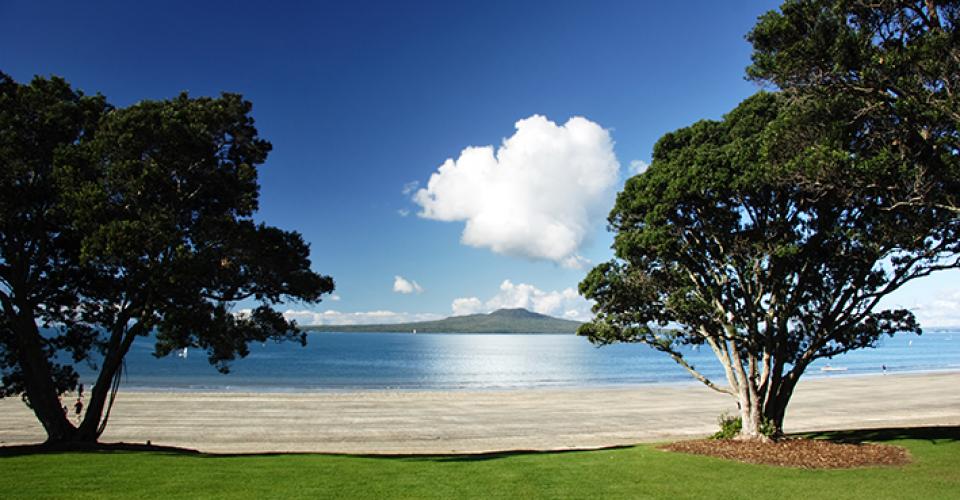Delving deep into something complex
28/02/2014Oliver Chikumbo writes about his work in complexity science.
 Oliver Chikumbo is a scientist with specialist skills in modelling complex systems. He has pioneered the development of landscape modelling for finding the balance between the economic, environmental, and social outcomes. He currently works at the Crown Institute Scion as a research leader in complex systems.
Oliver Chikumbo is a scientist with specialist skills in modelling complex systems. He has pioneered the development of landscape modelling for finding the balance between the economic, environmental, and social outcomes. He currently works at the Crown Institute Scion as a research leader in complex systems.
How do you describe what you do?
I deal with the science of understanding and managing the connectivity of many parts that make the whole, and the behaviour that emerges from that connectivity. It is the modern science that is called “Complexity Science” and it runs across many disciplines, from social sciences to medicine.
What led to your particular interest in landscape modelling?
When I was at university in Australia, doing my undergraduate degree in Forestry, I discovered models that were used to simulate how trees grow over time and used to predict future production. I found out how difficult it was to simulate and predict growth and yield of forests, and ultimately develop a business plan for forest management.
Somehow, I got so obsessed with accurately simulating and predicting growth and yield, and during those days the only tool I knew of to do this work was Microsoft Excel. Well, many years later, the obsession is still there, my “toolbox” has become more sophisticated with no Microsoft Excel in sight, and the problems I deal with are far more wide spread beyond forestry, and landscape modelling includes different kinds of land uses.
What do you like most about being a scientist?
It’s the venture of delving into something that is difficult to solve, especially large systems – which exhibit complex behaviour that conventional mathematics cannot solve.
Also, I love doing presentations and challenging other scientists about pushing the boundaries to solve complex problems.
Were you interested in science at school, and what was your academic path after school?
No, I had a latent desire for science, as it manifested itself as a desire to make things. I spent more time trying to make things, from my own toys to designing and making water sprinklers for my mum’s flower garden. And today I still make things, as I am a keen fine woodworker and make my own furniture.
How do you think your job might change over the next five or ten years?
I am increasingly getting drawn to solving larger, more complex problems, such as finding solutions for government delivery to cities, as more of the world’s population is now concentrated in the cities with a projected 70 per cent living in cities by 2050. I feel that I can contribute in that area and give back to society what it has given to me, in the form of taxes to enable me to do science that I so passionately love and enjoy.

























Post your comment
Comments
No one has commented on this page yet.
RSS feed for comments on this page | RSS feed for all comments